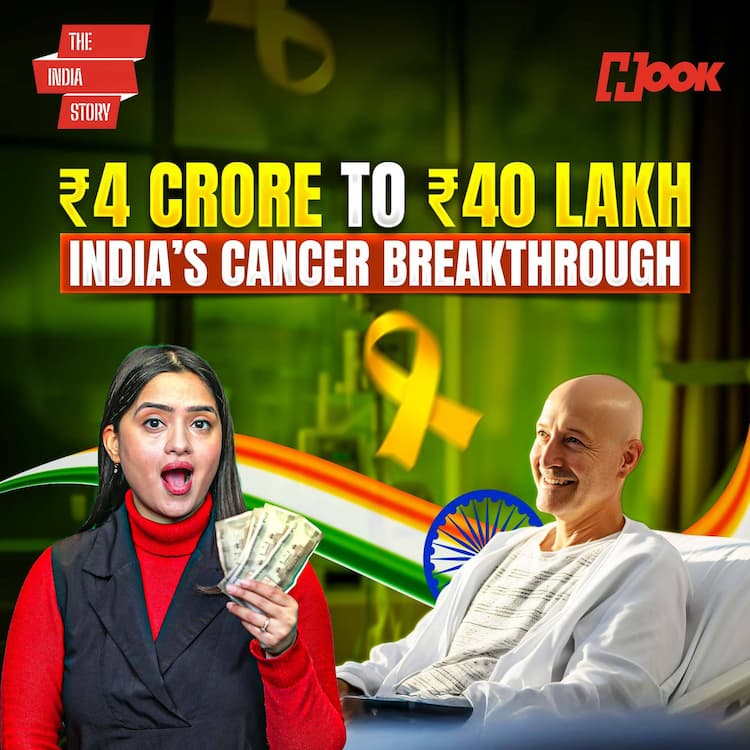A pioneer-in-the-making
In 1971, during the Bangladesh Liberation War, as refugee camps overflowed and disease spread, an unassuming Indian physician stepped in with a life-saving innovation, one that would go on to revolutionize global health.
Born in 1934 in Kishoreganj district of Bengal Province of British India, Dr Dilip Mahalanabis graduated from the Calcutta Medical College as a paediatrician in 1958. He then moved to the UK, where he obtained degrees from London and Edinburgh.
In the 1960s, he joined the Johns Hopkins International Center for Medical Research & Training in Calcutta where he started research on Oral Rehydration Solutions.
A much-needed breakthrough
During the Bangladesh Liberation War, the overcrowded refugee camps saw a rampant outbreak of cholera. With limited access to intravenous fluids, Dr Mahalanabis, who was stationed there at the time, began using a simple solution of glucose, salt, and baking soda mixed in water.
Dr Mahalanabis’ mix, later termed as Oral Rehydration Solution (ORS), worked like magic by helping the body absorb fluids through the gut and quickly reversing dehydration. The mortality rates plummeted from over 30% to under 5%!
A global medical success
His innovation, although initially met with skepticism, went on to become a global medical breakthrough. In India, the commercial version of this life-saving formula became known as Electral. Today, Electral is a household name and ORS is regarded by the WHO as a frontline defense against dehydration in hospitals and homes alike.
Dr Mahalanabis worked in the cholera control unit of the WHO from 1975-79, serving in Afghanistan, Egypt, and Yemen, and as a consultant on bacterial diseases for the WHO during the 1980s and 1990s.
In 2023, he was posthumously awarded the Padma Vibhushan, India’s second-highest civilian honor. Dr Mahalanabis proved that brilliance doesn’t always need billion-dollar labs. It can come from compassion, courage, and sometimes, a pinch of salt.
Image source: The American Journal of Medicine
*This article has been curated by Hook. All claims and opinions expressed belong to the original author. Hook does not verify or endorse the information presented and is not responsible for its accuracy.*






